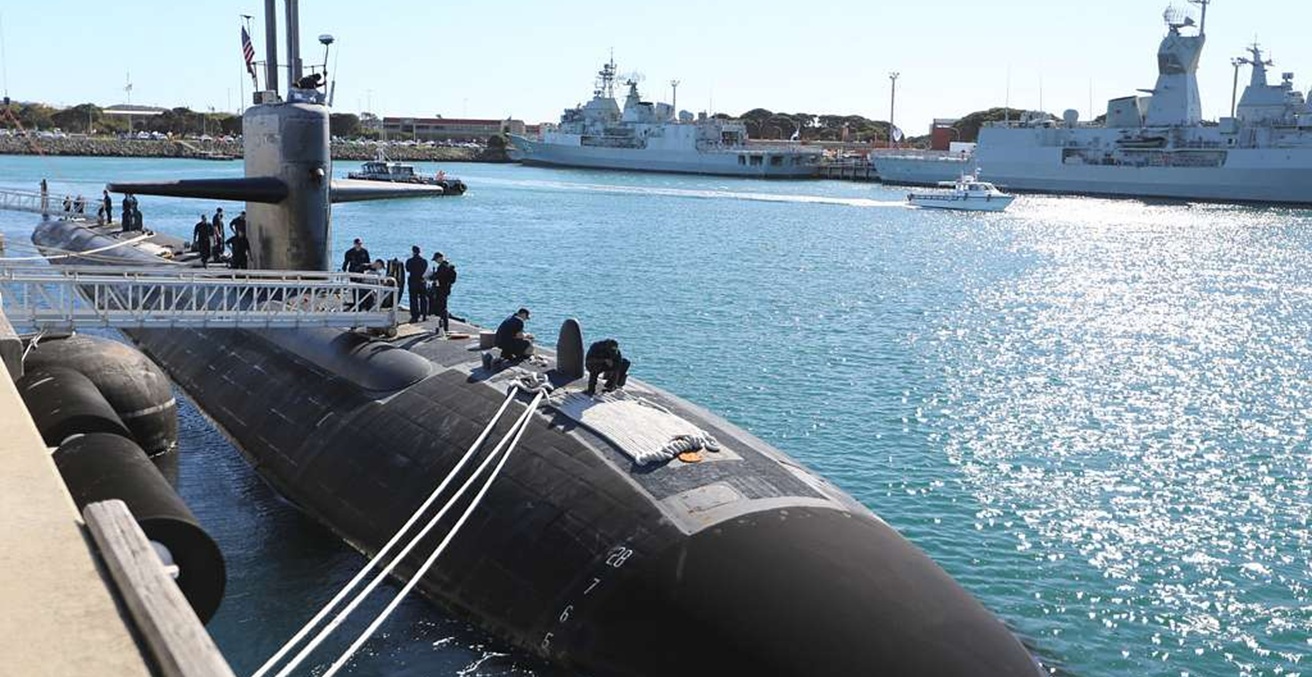In this innovative and important new book, Danielle Chubb examines how political activism in South Korea has come to shape discussions around the issue of unification and the development of state policies vis-à-vis North Korea. The key argument of the book is that South Korean debates and state policy over inter-Korean relations is significantly shaped by normative values and that the emergence and evolution of these values can best be understood by examining the relationship between dominant and dissident discourses, that is, between state policy and activist opposition to it. Chubb then examines how three key concerns, namely unification, human rights and democracy, have shifted over the years, receiving different priorities depending on the type of values espoused by the state and the activist community.
The core of the book consists of four historical case studies that focus on key historical moments: 1) the upraising in Kwangju in 1980 which was brutally repressed by the police and played a key role in shaping the attitude and ideology of future dissident activities; 2) the 1987 popular uprising, which led to the resignation of the authoritarian regime of general Chun Doo Hwan; 3) the ensuing transition to democratisation; and finally, 4) the decade of progressive rule favouring engagement with North Korea, as symbolized by the presidency of two former dissidents, Kim Dae Jung and Roh Moo Hyun. A kind of post-script, taking up the second part of the conclusion then outlines how the presidency of Lee Myung Bak adapted a more conservative approach that slowed down dialogue with North Korea and demanded a prior improvement of its human rights record.
Having personally experienced two of the author’s ‘case studies’, I was struck by how adequate her historical interpretations are and by how her analysis gave me various new insights into the events. I was equally struck by how well her arguments apply to current debates in South Korea.
The book offers an excellent explanation of why advocating human rights is so difficult, particularly for ‘progressive’ South Korean activists who push for engagement with the North. Progressive politics is difficult in South Korea because a strong anti-communist discourse has come to impose communist undertones on all dissident activities, rendering them more radical in the process. At times, these undertones are the result of specific pro-North Korean activist strands, but more often, they are the result of a highly ideological black-and-white Cold War political environment that allowed the government to dismiss and discredit (and sometimes imprison) any dissident as embodying a dangerous form of communist subversion. Chubb does an excellent job in showing how these normative patterns emerged and how they continue to shape South Korean political dynamics, particularly the issue of unification and the advocacy of human rights in North Korea, long after the onset of democratisation in the 1990s and the subsequent weakening of Cold War rhetoric.
I feel that certain issues should have been highlighted more, such as the extremely tightly sealed nature of the DMZ and the manner in which the complete absence of objective information about North Korea shaped political dissent within South Korea. This made it possible for some radical activists to view the North as “a sort of people’s paradise”, something that would hardly have been possible had there been broad-based knowledge of real life in North Korea. The centrality of this issue only really becomes evident in later chapters when Chubb convincingly examines how new information about North Korea emerged as a result of relaxed state information policy and an increasing influx of North Korean refugees who could provide first-hand accounts of life across the hermetically sealed DMZ.
Chubb’s most significant contribution, in my view, lies in her ability to show that foreign policy is not only about strategic and realpolitical considerations. She demonstrates clearly that normative issues, such as, moral considerations that emerged out of particular historical, ideological and ethical positions, can be very influential as well. These positions include concerns over North Korea’s human rights violations or the difficult choice between engaging North Korea despite its authoritarian nature and making such forms of engagement and humanitarian assistance conditional on a prior improvement of human rights and an embrace of democracy. The practical implications here are highly significant. Politicians dealing with issues of peace and security on the Korean peninsula need to pay more attention to domestic factors and the related constraints on policy initiatives towards the North. So far, the focus has rested overwhelmingly on how North Korea behaves and reacts to external pressures. But Chubb clearly shows that it is impossible to understand current debates about how to engage North Korea without knowledge of the legacy that several decades of political activism left in South Korean society and politics.
Danielle L. Chubb, Contentious Activism and Inter-Korean Relations (New York: Columbia University Press, 2014).
Reviewed by Professor Roland Bleiker, Professor of International Relations, University of Queensland.




